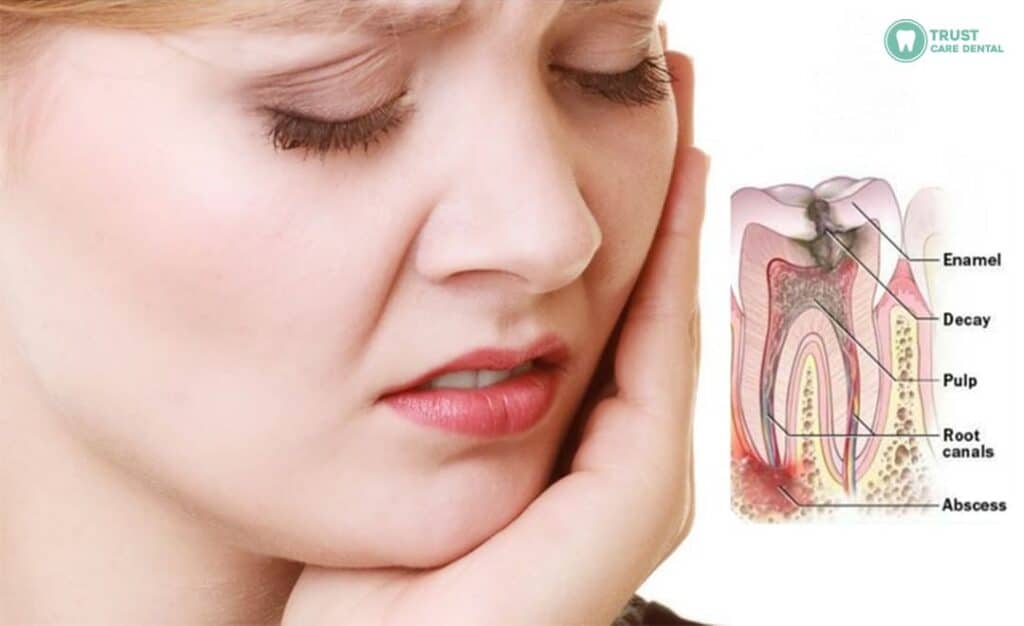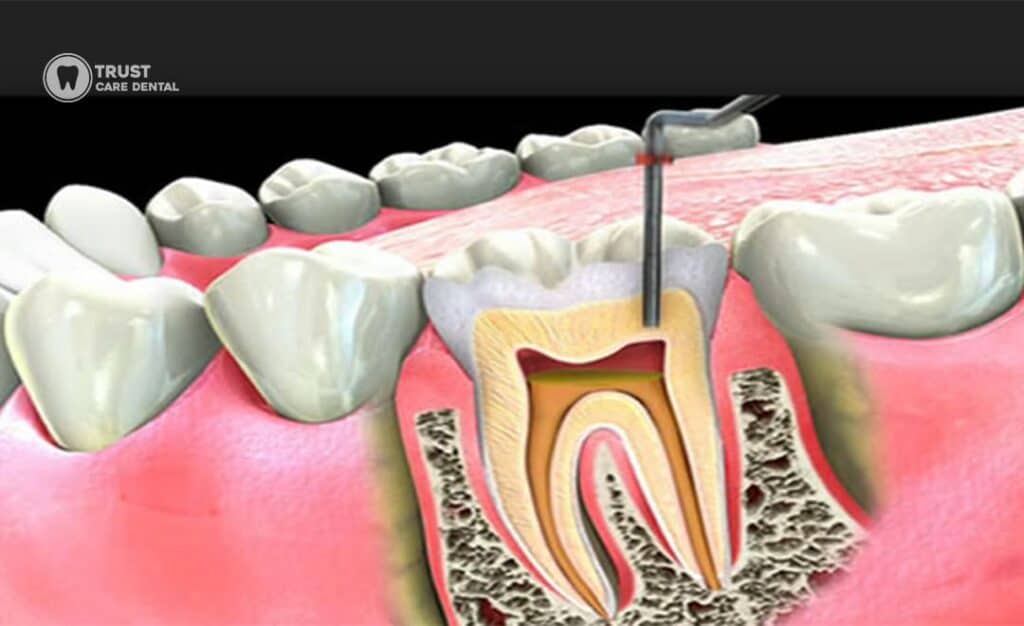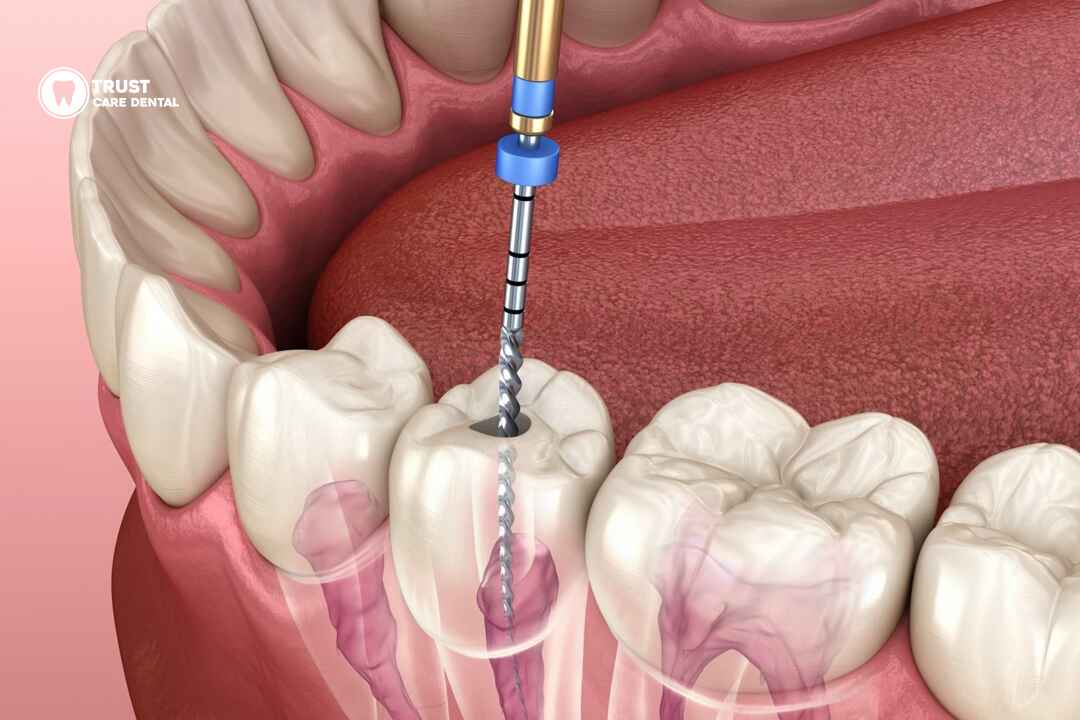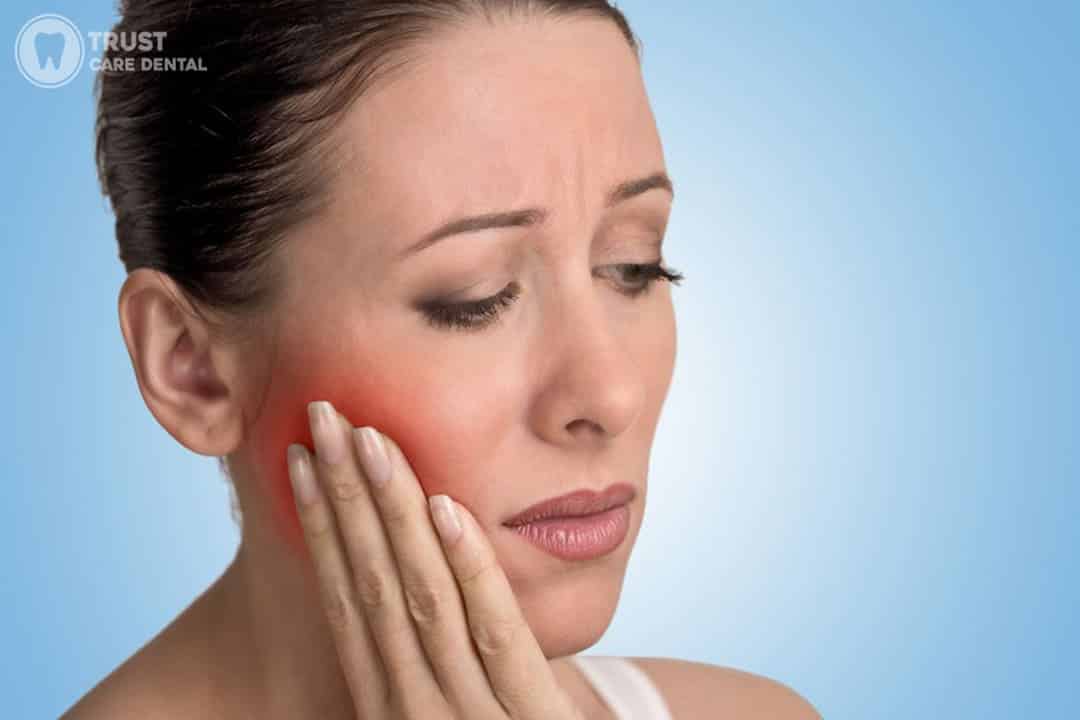Effective Pain Management After Root Canal
Pain management is a procedure that helps you manage pain through medications, exercise, and therapy. Pain specialists suggest a method or a mix of several to reduce or relieve pain. Care can occur in a pain dental clinic, doctor’s office, or hospital.
Pain is the most common symptom of the countless injuries and conditions you may experience throughout your life. It can also be a result of treatments or the primary feature of a condition known as a pain disorder. Pain can be short-term and fade as you heal called acute pain or can last for months or even years called chronic pain.
Pain experiences are very complex and everyone feels it differently. It is also something we can not see which is why many people have invisible conditions that cause pain. You might worry that the offer won’t take you seriously or that the pain never goes away. However, it is important to seek medical support. No one should struggle with pain every day.
Pain management depends on the types and causes of pain, it might be possible to find complete relief. Pain may also not improve the pain right away. The main goal of pain management is to improve your quality of life and ability to function like doing tasks, enjoying activities, working, and attending school.
Your healthcare provider or team will work with you to adjust your pain management plan to help you feel better.
Why is My Tooth Still Hurting After the Root Canal?
A root canal is a procedure that removes infected pulp from a tooth to relieve pain and prevent further infection. Sometimes the small area of the infected pulp may be left behind if they are hard to access during the procedure. This can lead to ongoing pain and might need further treatment to remove any remaining infection.
The tissue around the tooth may become irritated or inflamed due to the procedure. This inflammation can cause discomfort, especially when the tooth is healing if you experience pain while biting, it might be due to an uneven bite.
After a root canal, the shape of the tooth may slightly change, leading to an uncomfortable or “high” bite. This issue can cause pain or sensitivity and may require minor adjustments or orthodontic treatment, such as braces or Invisalign, to realign the bite and alleviate discomfort.
Common Causes of Pain After a Root Canal

Inflammation of the Surrounding Tissues:
After a root canal, the tissue around the treated tooth can become inflamed. This inflammation is a natural part of the healing process but can cause temporary pain. Swelling may occur, particularly if the tooth was severely infected before the procedure.
Residual Infection:
In some cases, a root canal may not remove all of the infected tissue. This can lead to lingering pain or the development of a secondary infection, requiring further treatment. If the infection is not fully cleared, the pain may persist and can be more severe.
Bite Issues:
Following a root canal, patients may experience pain when biting down. This can be caused by a high bite, meaning that the treated tooth is sitting higher than its neighboring teeth. A high bite issue can lead to discomfort when chewing or applying pressure to the tooth.
Nerve Sensitivity:
Although the pulp of the tooth is removed, the surrounding nerves can remain sensitive. It may take time for the area to fully heal, and some level of discomfort or sensitivity can be expected during this period
How Long Does Pain Last After a Root Canal?

Mild discomfort after a root canal typically lasts around 3-4 days. However, if pain continues for more than a week, it could indicate a more serious issue, such as lingering inflammation or infection.
Experiencing pain beyond the first week after a root canal is a common sign that further evaluation may be needed. In this case, it’s a good idea to consult an endodontist to discuss what might be causing the prolonged discomfort.
What are the Effective Ways to Manage Pain Following a root canal?
Over-the-Counter Pain Relief |
|
Cold Compress |
|
Saltwater Rinse |
|
Keep Your Head Elevated |
|
Maintain Good Oral Hygiene |
|
Consult Your Dentist if Pain Persists |
|
When to Seek Help for Persistent Pain?

If you continue to feel and experience the pain and feeling of swelling after the root canal. It is important to consult with the dentist, as the discomfort should gradually subside over time.
Typically one or two or more sessions are enough to complete a root canal successfully, but in some cases, additional cleaning sessions must be required. Recurring pain can be a sign that further treatment is necessary.
If the counter pain relievers are not providing relief, your dentist may place a crown to protect it. Crowns can be made from materials like metal, porcelain, or gold and are designed to prevent further damage to a tooth that has already been weakened. It is normal to feel some discomfort as your mouth adjusts to the new crown.
Recovery and Expectations
After a root canal treatment, mild pain or discomfort is normal and should subside within a few days, especially with proper oral care. If the pain persists beyond three days then it is important to consult your dentist for further evaluation. If the root canal is not an option, tooth extraction may be considered.
In this case, your dentist could suggest replacing the last tooth with a bridge, partial denture, or implant. These alternatives usually come with higher costs and may require multiple appointments.
For those who are eligible for root canals, pain relief is often seen over time. The American Association of Endodontists reports lasting pain relief compared to those who opt for alternatives.
Basic Tips for Oral Health
These are the following basic tips to maintain oral health which is mentioned below the section, you can read and follow them.
- Brushing your teeth in the morning and before bed helps remove plaque, bacteria, and food particles. Use fluoride toothpaste and a soft-bristled toothbrush to avoid damaging your enamel.
- Flossing helps clean areas between your teeth where a toothbrush can’t reach. It also helps prevent gum disease and cavities. Make it a habit to floss at least once a day.
- Mouthwash can help kill bacteria, freshen your breath, and prevent gum disease. Choose an alcohol-free mouthwash with fluoride for added protection against cavities.
- Regular dental check-ups are important for preventing dental problems and detecting issues early. Aim for a visit every six months, or as recommended by your dentist.
- Sugar feeds bacteria in your mouth that can lead to cavities and tooth decay. Limit sugary snacks, sodas, and sweets to protect your teeth.
- A healthy diet that’s rich in fruits, vegetables, and dairy products can help strengthen your teeth and gums. Foods high in calcium and vitamin D support healthy teeth and bone structures.
- Drinking plenty of water helps wash away food particles and bacteria. It also helps keep your mouth moist and prevents dry mouth, which can increase the risk of cavities.
- Smoking can stain your teeth and increase your risk of gum disease, tooth loss, and oral cancer. If you smoke, consider quitting to improve your oral health.
- Healthy gums are essential for good oral health. If your gums bleed when brushing or flossing, or if they are swollen or tender, see your dentist. Gum disease can lead to tooth loss if untreated.
Key to Pain Relief through Oral Hygiene
|
|
|
|
|
|
|
|
|
|
Frequently Asked Questions:
Can I smoke after a dental procedure?
It is advisable to avoid smoking after a root canal because smoking can hinder the healing process and increase the risk of complications. Reducing the smoke after your treatment for better oral health.
Should I be worried when my tooth still feels sensitive?
When you feel mild sensitivity related to cold and hot then it is normal after a root canal. If you experience severe pain in the tooth after the root canal this might be inflammation, consult with your dentist.
Can I eat normally after a root canal?
It is best to avoid chewing on the treated tooth until it has been fully restored with a crown. After the procedure of the root canal stick to soft food and avoid hard or crunchy foods that could irritate your area.
How much pain should I expect after a root canal?
It is normal to experience mild discomfort or soreness for a few days after a root canal. This is usually due to the inflammation caused by the procedure. If the pain is mild, over-the-counter pain relievers like ibuprofen, acetaminophen, and tramadol should be sufficient.


